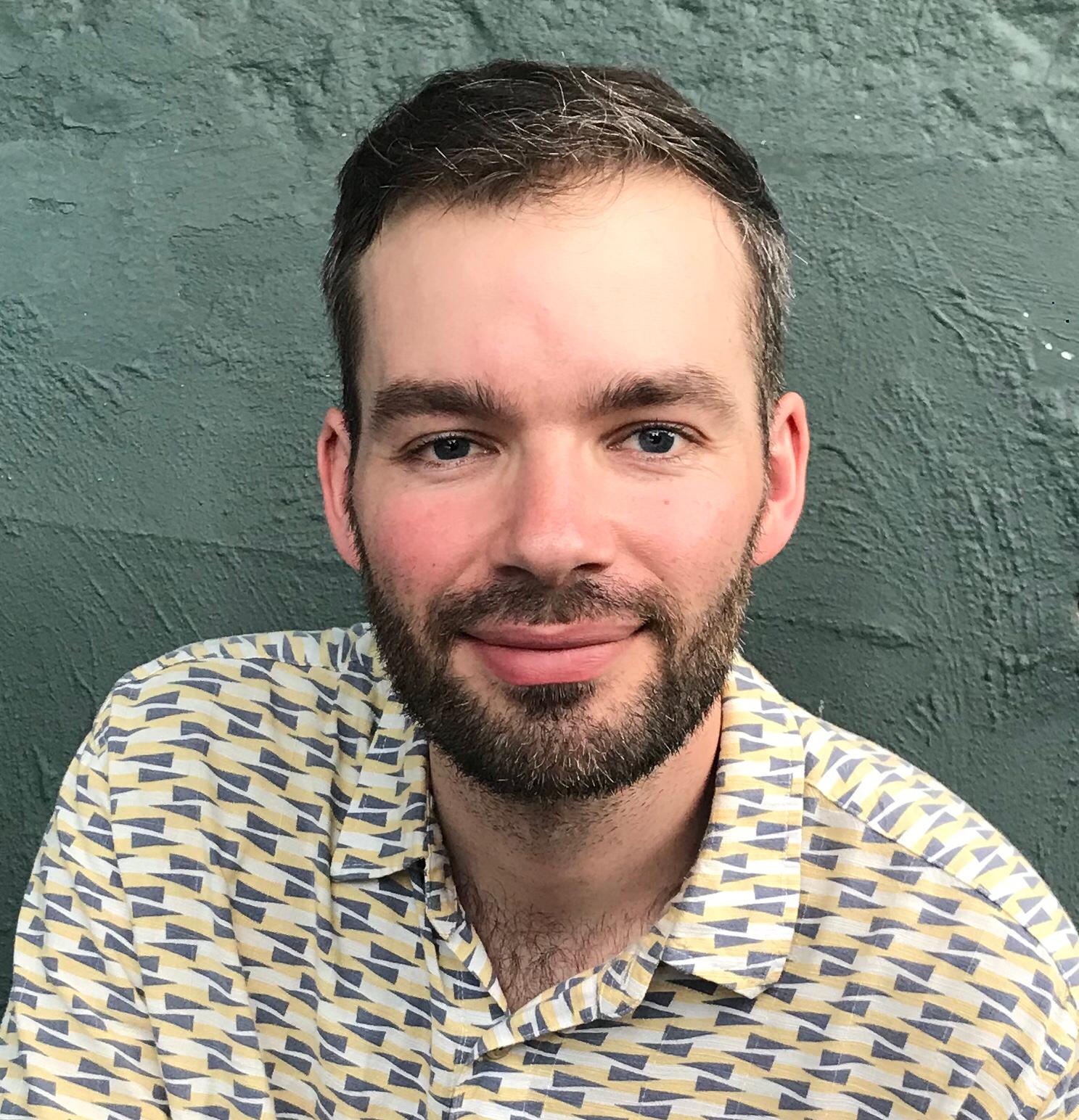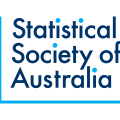“I enjoyed the wide variety of topics and techniques covered
and that they have such broad applications and reflect the
techniques used in statistical analysis in the ‘real world’.”
Noa Levi, University of Wollongong
Lecturers
Prof. Scott Sisson, UNSW
Dr Boris Beranger, UNSW
Synopsis
Unlike most statistical techniques which seek to understand the mean levels of a process, extreme value theory aims to empower the user to understand, quantify and model the extremes of a process. Understanding the mathematical behaviour of extremes allows us to have confidence in our ability to predict future extremes, even far beyond the range of the observed data! Extreme value theory is a critical methodology for quantifying and modelling risk that has found application in many areas, including economics, climate and the environment, insurance, and many others.
This course aims to introduce the fundamentals and practice of modern extreme value theory. After completing this course, you will possess a sound knowledge of the mathematical construction of extreme value models, and practical experience in how to use them in the analysis of real-world data.
At each stage you will be presented with the underlying theory and illustrative exercises designed to reinforce your understanding. You will also be provided with a more statistical treatment where the developed models will be applied in practice to tackle real-world problems. You will gain knowledge on parametric statistical modelling, inferential techniques, and coding in statistical software (R).
Course Overview
The course presents three main themes: the analysis of univariate extremes; extensions to the multivariate setting and the characterisation of extremal dependence; and the extremes of stochastic processes and spatial extremes. Specific topics include:
- Limiting distributions of maxima
- Block maxima
- Threshold exceedances
- Point process representation
- Asymptotic independence
- Max-stable processes
- Generalised Pareto processes
Prerequisites
- Students should have a good understanding of statistical theory (including, but not limited to, the central limit theorem, probability theory, likelihood-based inferential techniques, and multivariate statistical methods) and good data analysis skills in a suitable programming language (like R or Python). The course itself will use R.
Assessment
- 4 quizzes worth 5% each (20% total)
- 2 assignments worth 15% each (30% total)
- Final exam 50%
(may be subject to change)
Attendance requirements
- For those completing the subject for their own knowledge/interest, quizzes must be completed as an attendance requirement
Resources/pre-reading (if available)
- Coles, S. (2001). An Introduction to Statistical Modeling of Extreme Values. Springer Series in Statistics. London: Springer-Verlag.
- Beirlant, J., Y. Goegebeur, J. Segers, and J. Teugels (2004). Statistics of Extremes: Theory and Applications. John Wiley & Sons.
Not sure if you should sign up for this course?
Take this quiz and look at some of the expected foundational skills in this topic
Prof. Scott Sisson, UNSW

Scott Sisson is Professor in Statistics at UNSW Sydney, and Director of the UNSW Data Science Hub (uDASH). He is internationally recognised for his work in computational and Bayesian statistics and extreme value theory, in particular for developing theory and inferential techniques for computationally intractable models and challenging data. Scott is a Deputy Director of the ARC Centre of Excellence for Mathematical and Statistical Frontiers, and a recent President of the Statistical Society of Australia. Scott is a previous recipient of the P. A. P. Moran Medal (Australian Academy of Science), the G. N. Alexander Medal (Engineers Australia) and the J. G. Russell Award (Australian Academy of Science) for his research.
Dr Boris Beranger, UNSW

Boris Beranger is a lecturer at the School of Mathematics and Statistics at UNSW and a member of the UNSW Data Science Hub (uDASH). Boris obtained a joint PhD in Statistics from the Université Pierre and Marie Curie (Paris, France) and UNSW Sydney. His research focuses on enabling new methodology for the analysis of extremes, with a keen interest in spatial and environmental problems. Boris‘ research also focuses on the analysis of big and complex data.


